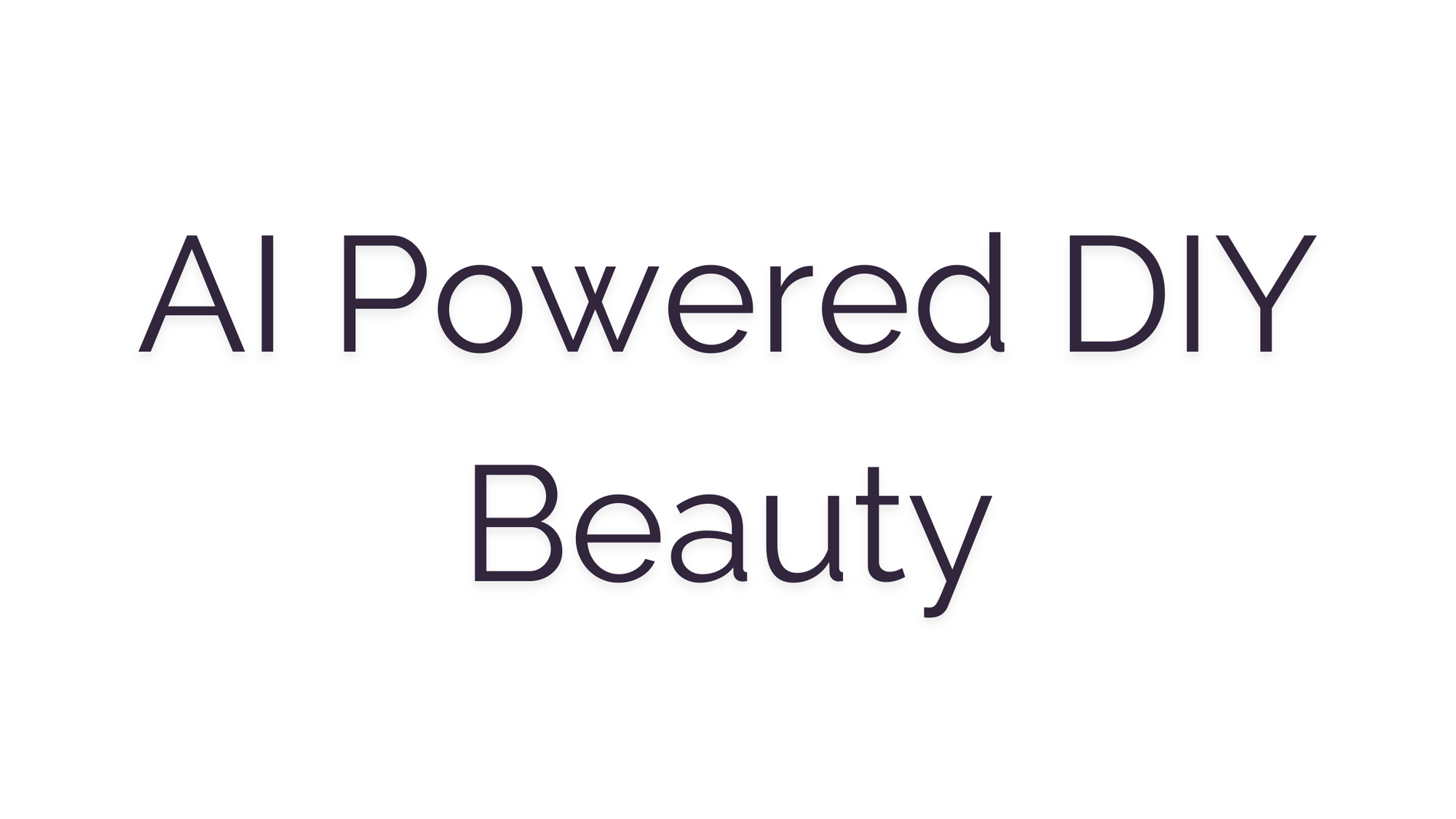
The Rise of Robots: How AI Could Transform the DIY Beauty Industry Over the Next Decade
By Karolina Pietruch
With Tesla recently announcing its humanoid robot, Optimus, the possibilities of artificial intelligence (AI) and robotics are becoming even more tangible for everyday consumers. As industries across the board prepare to harness the power of AI, the DIY beauty sector is poised for its own revolution. The intersection of robotics and beauty promises exciting developments, potentially transforming how we approach skincare, haircare, and even nail art at home over the next ten years. Here’s a look at how these advancements might shape the future of DIY beauty.
Personalized Beauty Consultations
Imagine having a robot in your home that can assess your skin type, hair texture, or nail health, then recommend products or treatments specifically tailored to you. AI-driven robots will likely integrate advanced skin analysis and data-driven insights to provide personalized beauty recommendations based on real-time assessments. Just as beauty brands are now using AI to customize skincare regimens, robots could bring this level of precision directly into our homes, offering custom solutions that are as easy as a scan.
DIY Beauty Services at Home
As robots become more sophisticated, the DIY beauty experience could expand from product recommendations to actual treatments. Consider a future where a robot can expertly apply your skincare, style your hair, or even do your nails with the same precision as a professional. Equipped with machine learning capabilities, these robots could adapt to your preferences over time, providing a personalized experience that evolves with you. In the case of nail art, for instance, a robot could be programmed with a database of designs to deliver a flawless manicure based on your unique taste.
Efficiency and Convenience
One of the major draws of DIY beauty is its convenience and affordability. With the integration of AI-driven robots, routine beauty tasks could become even more efficient, allowing you to achieve salon-quality results at home without the need for appointments or travel. These robots could handle time-consuming tasks like hair coloring or nail extensions, saving you valuable time. As these devices become more affordable and accessible, they could reshape the beauty landscape by making professional-level care and customization available at the push of a button.
AI-Enhanced Product Application
The precision of AI could also transform how we apply beauty products. From ensuring an even layer of moisturizer to perfectly blending foundation, AI-powered robots could deliver flawless application every time. Furthermore, they could monitor and adjust application techniques based on your specific needs, adapting as your skin or hair changes over time. By analyzing environmental factors like humidity or temperature, these robots could optimize product usage, ensuring your beauty routine is both efficient and effective.
Ethical and Environmental Considerations
As robots and AI become more prominent in the DIY beauty space, they also offer opportunities to enhance sustainability. For example, robots could optimize product usage, reducing waste and promoting more efficient consumption. Additionally, AI could help consumers make more informed choices by analyzing ingredients and sustainability practices, aligning with the growing demand for ethical and eco-friendly beauty products.
However, it’s important to consider the ethical implications of AI-driven beauty. The rise of robots could lead to job displacement in some areas of the beauty industry. It will be crucial to strike a balance between innovation and human expertise, as well as to address concerns about data privacy and the potential for AI to reinforce harmful beauty standards.
Conclusion
The move towards AI and robotics, as seen in Tesla’s announcement of its humanoid robot, signals a future where advanced technology becomes an integral part of our everyday lives—including our beauty routines. In the next decade, we may see a profound shift in the DIY beauty industry, where personalized, efficient, and sustainable beauty solutions are available at home. While challenges and ethical questions remain, the potential for AI-driven robots to revolutionize how we approach beauty is both exciting and vast. As these technologies continue to evolve, they may just redefine the meaning of DIY beauty as we know it.
